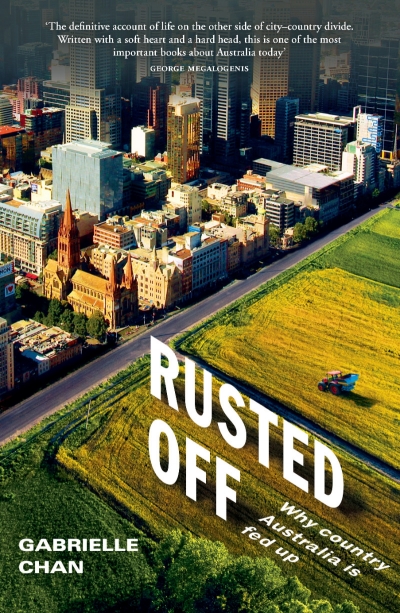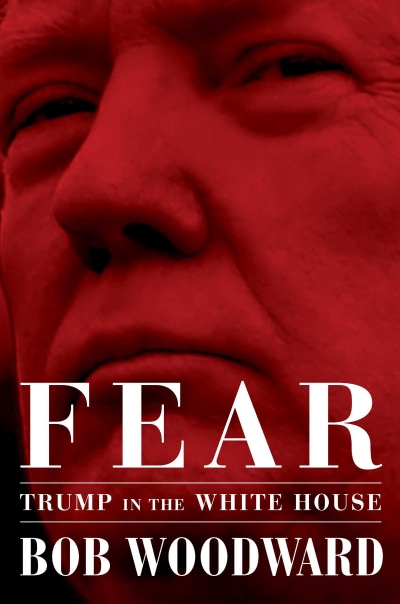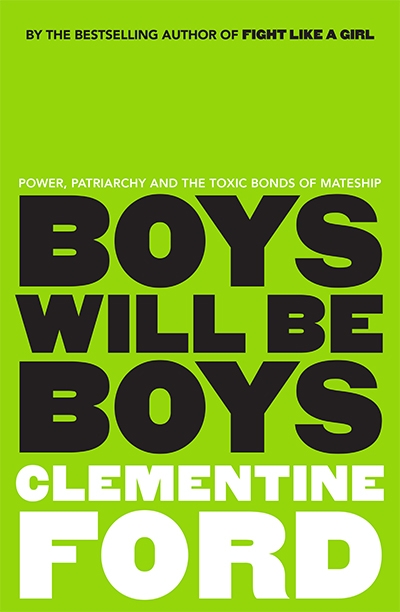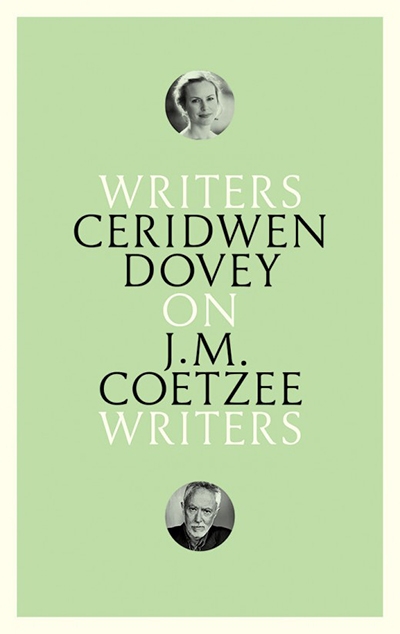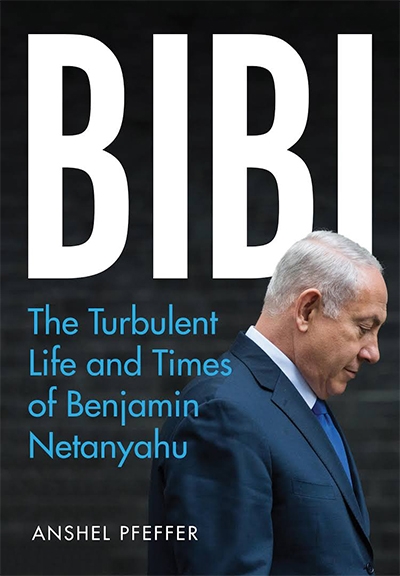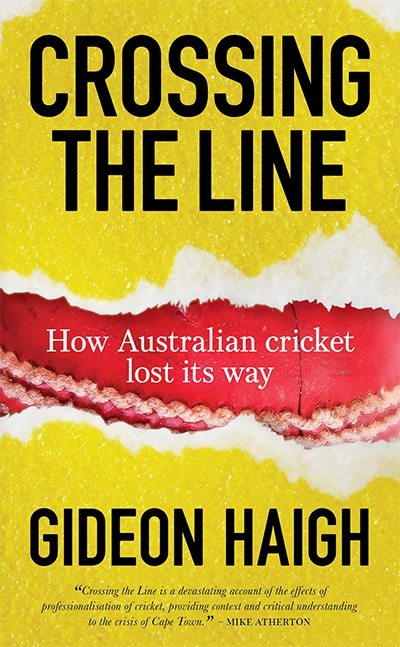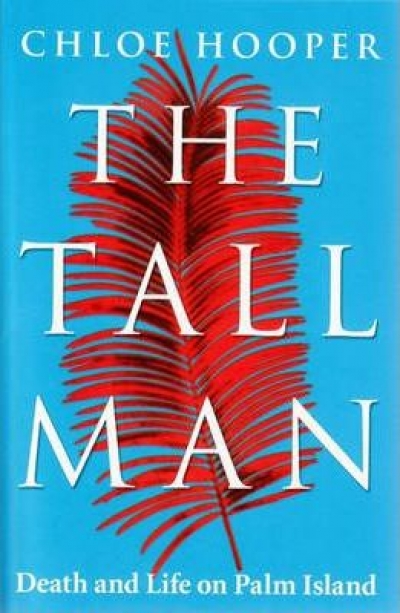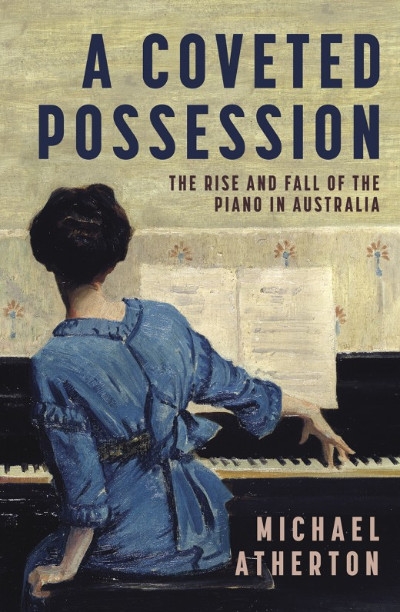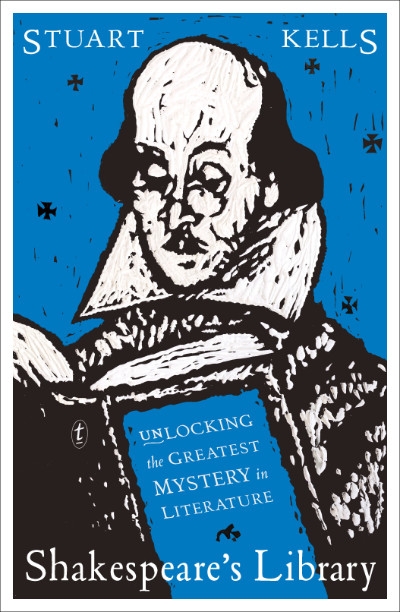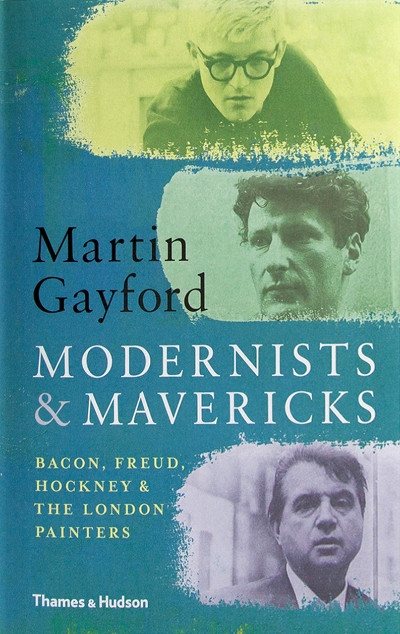Non Fiction
Rusted Off: Why country Australia is fed up by Gabrielle Chan
I have only been to Harden-Murrumburrah once, the small town where journalist Gabrielle Chan moved in 1996, leaving the Canberra press gallery to live on a farm with her husband. It was on the way back from a football match in Cootamundra, in the middle of another grim Canberra winter ...
... (read more)Fear: Trump in the White House by Bob Woodward opens with an astonishing incident. In September 2017, Gary Cohn, President Trump’s top economic adviser, removed a letter from the president’s desk. The letter purported to terminate America’s free trade agreement with South Korea ...
... (read more)Clementine Ford’s Boys Will Be Boys is a timely contribution to feminist literature. Her central point is clear and confronting, and it represents something of a challenge. Ford writes, ‘everyone’s afraid that their daughters might be hurt. No one seems to be scared that their sons might be the ones to do it ...
... (read more)Writers on Writers: Ceridwen Dovey on J.M. Coetzee by by Ceridwen Dovey
To imagine this possessiveness in voyeuristic terms – something I find creepy with its note of control or ridicule – strikes me as a way to manage both the erotic charge of reading and the uncomfortable distance between the work we host in our heads (and hearts, if you imagine words, as poet Paul Celan did ...
... (read more)Bibi: The turbulent life and times of Benjamin Netanyahu by Anshel Pfeffer
In 1901 the cultural Zionist Israel Zangwill, borrowing a phrase from Lord Shaftesbury, declared, ‘Palestine is a country without a people, the Jews are a people without a country.’ That cliché has continued to influence the impasse in the Middle East for almost a century ...
... (read more)Crossing the Line: How Australian cricket lost its way by Gideon Haigh
‘To me,’ Shane Warne once said, ‘cricket is a simple game.’ Australia’s best-ever bowler may not be a renowned sporting philosopher, but his words echo throughout Gideon Haigh’s latest book. In recent years, governing body Cricket Australia and an army of corporate consultants have sought to ...
... (read more)The Tall Man by Chloe Hooper & Gone For A Song by Jeff Waters
A Coveted Possession: The rise and fall of the piano in Australia by Michael Atherton
In Australia’s golden age of piano production, between 1870 and 1930, the piano was, as Michael Atherton notes, ‘as much a coveted possession as a smartphone or an iPad is today’. The First Fleet imported an eclectic assortment of items, including dogs, rabbits, cattle, seedlings ...
... (read more)Shakespeare’s Library: Unlocking the Greatest Mystery in Literature by Stuart Kells
The search for Shakespeare’s library (the books ostensibly owned by Shakespeare but dispersed without a trace after his death) is driven largely by the hope that marginalia, notes, and drafts might provide unfettered access to authorial intention. Inevitably, the missing library turns out to be ...
... (read more)Modernists and Mavericks: Bacon, Freud, Hockney and the London Painters by Martin Gayford
The geography of art post 1945 has a boringly settled look and needs disturbing. This engaging and readable book makes a useful starting point. The standard view begins with the switch of the centre from Paris to New York, and so it remained for the next fifty years or so until ...
... (read more)

